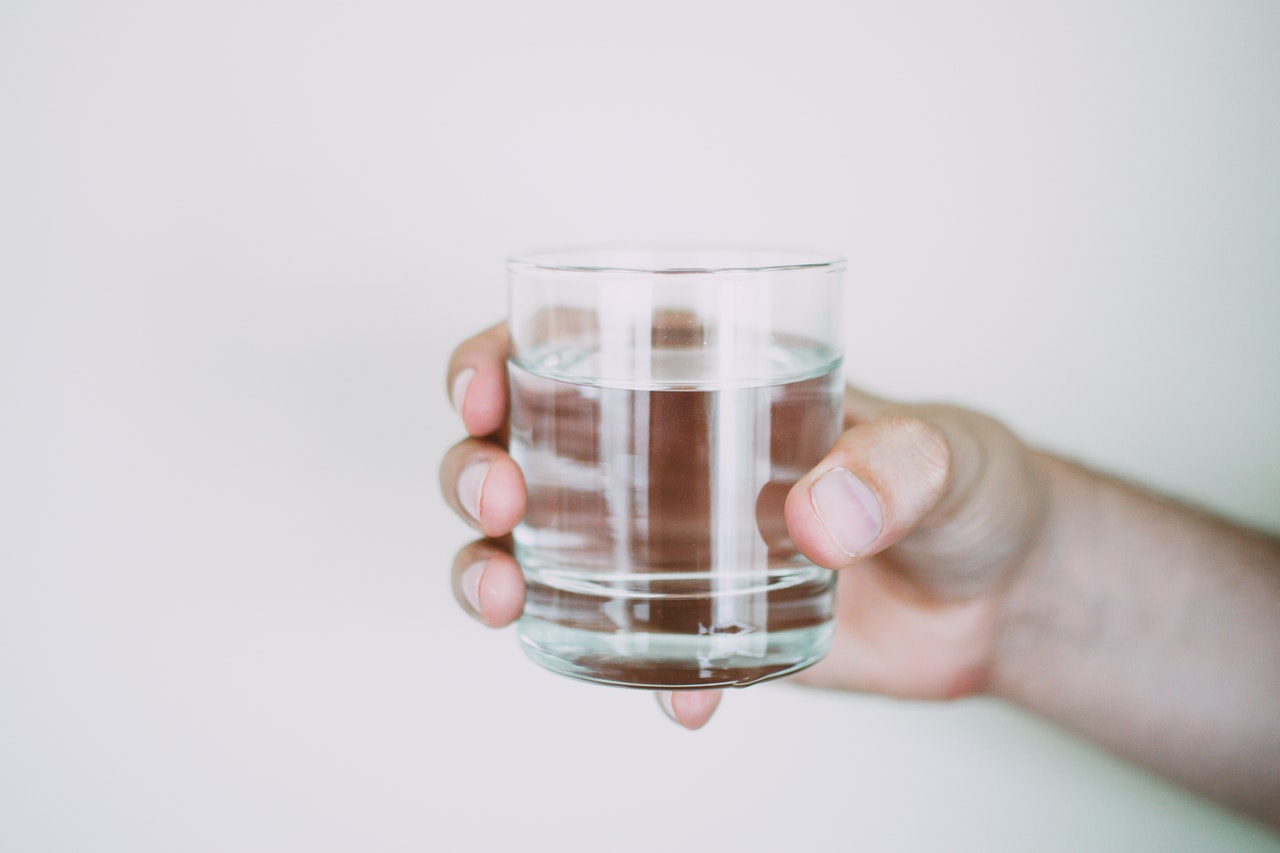Goldstuck on Gadgets
Internet of Things can make Water Week real
The objectives of Water Week have always been about propaganda rather than reality, but IoT can change this, writes ARTHUR GOLDSTUCK
When I was a schoolboy several centuries ago, Water Week was a time for mind-numbing class projects. Many of us boarding school kids did the bare minimum to show we had gone to a library to read a book on water, as day scholars unveiled beautiful montages created by their parents. We were all forced to learn a thousand boring ways to save water, waste water, and use water – and promptly forgot them the week after.
The irony is that this was during the apartheid era, when the vast majority of the population had no access to running water. Water Week was in fact a symbol not of boring education, but of oppression. The projects were part of the propaganda of normalcy.
Fast forward a few decades, and the right to access to sufficient water is entrenched in the constitution. Knowledge about water conservation, and projects to promote its sustainable use, can readily be found online.
Yet, according to Stats SA, only 44,9% of South African households had access to piped water in their dwellings in 2019. Another 28,5% could access water on site, 12,2% relied on communal taps and 2,5% relied on neighbours’ taps. A seemingly small percentage – 3,1% of households – still had to fetch water from “rivers, streams, stagnant water pools, dams, wells and springs”. That is potentially more than 1,5-million people, effectively locked out of their constitutional rights.
Thanks to technology, these are facts we cannot escape during the revamped Water Week, running from 15 to 22 March this year. It culminates in the United Nations-designated World Water Day on 22 March, when we will no doubt hear far more, according to the Department of Water and Sanitation, “about taking action to decisively deal with water challenges facing the globe”.
The Department marks all of March as National Water Month, and has chosen as its theme this year “Valuing Water”.
“The National Water and Sanitation Master Plan is very explicit about the state of our infrastructure, that it is inadequate and it needs total overhaul,” it acknowledges. “Last year, the Department presented a report before the Portfolio Committee in Parliament that South Africa loses billions of rands due to water leaks as a result of infrastructure that is a state of decay.”
However, the primary action at present seems to be the promotion of the value of water rather than addressing the decay. It may no longer be sinister, but it remains propaganda.
Go to the next page to read about how IoT is set to transform how water is managed.


















